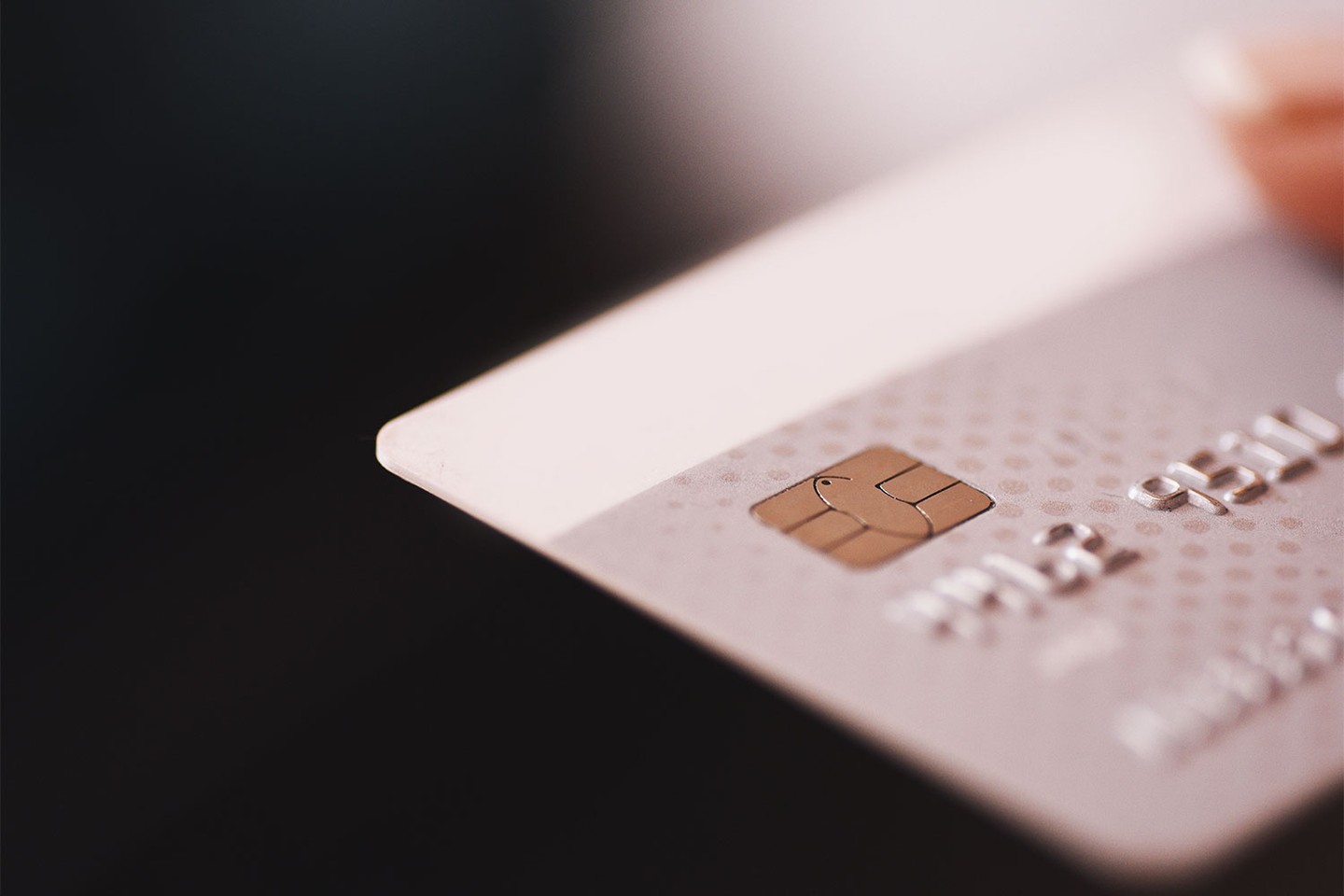What to do if you’re turned down for a credit card
The top five reasons why you might have been turned down for a credit card, and some pointers to stop it happening the next time.

If you’ve been turned down for a credit card, don’t panic.
Being refused credit is not uncommon.
If this has happened to you there is light at the end of the tunnel. Being turned down for a credit card is not a life sentence. In fact, it’s something that you can certainly try to improve if you know how. We explore the main reasons why you might have been refused a credit card and what you can to improve your chances for the next time you apply.
If you don’t have any credit history, you may find it difficult to obtain a credit card. This is because lenders have no way to prove that you are a decent credit risk.
From a high street lender's perspective they would be lending ‘blind’ which they consider too risky.
Although high street lenders won’t offer you a credit card if you don’t have a track record, there are ‘Credit Builder’ credit cards specifically designed to help in these circumstances - targeted at people with a below average credit history or with no financial track record at all.
Because these groups are considered a greater risk, the interest charges are far higher than normal. But if you use a credit builder card wisely you won’t have to worry about the interest rate. Simply use the card every month for something you would normally purchase anyway – perhaps petrol for your car. When your monthly statement arrives, make sure you pay the balance in full before the due date and there is no interest to pay.
An added benefit is that this positive behaviour will be reflected in your credit record, showing lenders over time that you can manage credit responsibly.
If this is the reason your card application is knocked back you may already have been half expecting the negative response.
Perhaps in the past you may have exceeded your agreed credit limit(s) or missed your monthly repayments – both these things are likely to put off prospective lenders as they will consider you to be too high a risk.
To improve your credit score you need to demonstrate that you are capable of consistently managing your finances. All of the tips in this article will help, and you can also read our 7 steps to a great credit score for more tips.
This is probably the reason that baffles people the most. When a lender reviews your application for credit it will look at your existing borrowing and total credit limits.
Even though you may be comfortably within your agreed credit limit and in some cases have zero balances on your card(s) the new lender will take into consideration the credit limits that are at your disposal.
If you have credit cards that you don’t use any more it will help your credit score and the view lenders take of your finances if you close these accounts, as your total available credit line will be reduced too.
Lenders use your credit report as one of a number of factors when making a decision about whether or not to lend to you. The other factors include things like your job, your income and any past dealings you’ve had with the lender. This is all information that you’ll probably provide in your application for credit.
The important thing to remember is that lenders have their own criteria when assessing credit applications. This can vary from lender to lender. For example, some lenders might be prepared to take on a bit more risk than others, whereas others may place more emphasis on your salary or credit utilisation.
Frankie takes the often confusing world of finance and makes it clear and simple, to help you get your money sorted.
